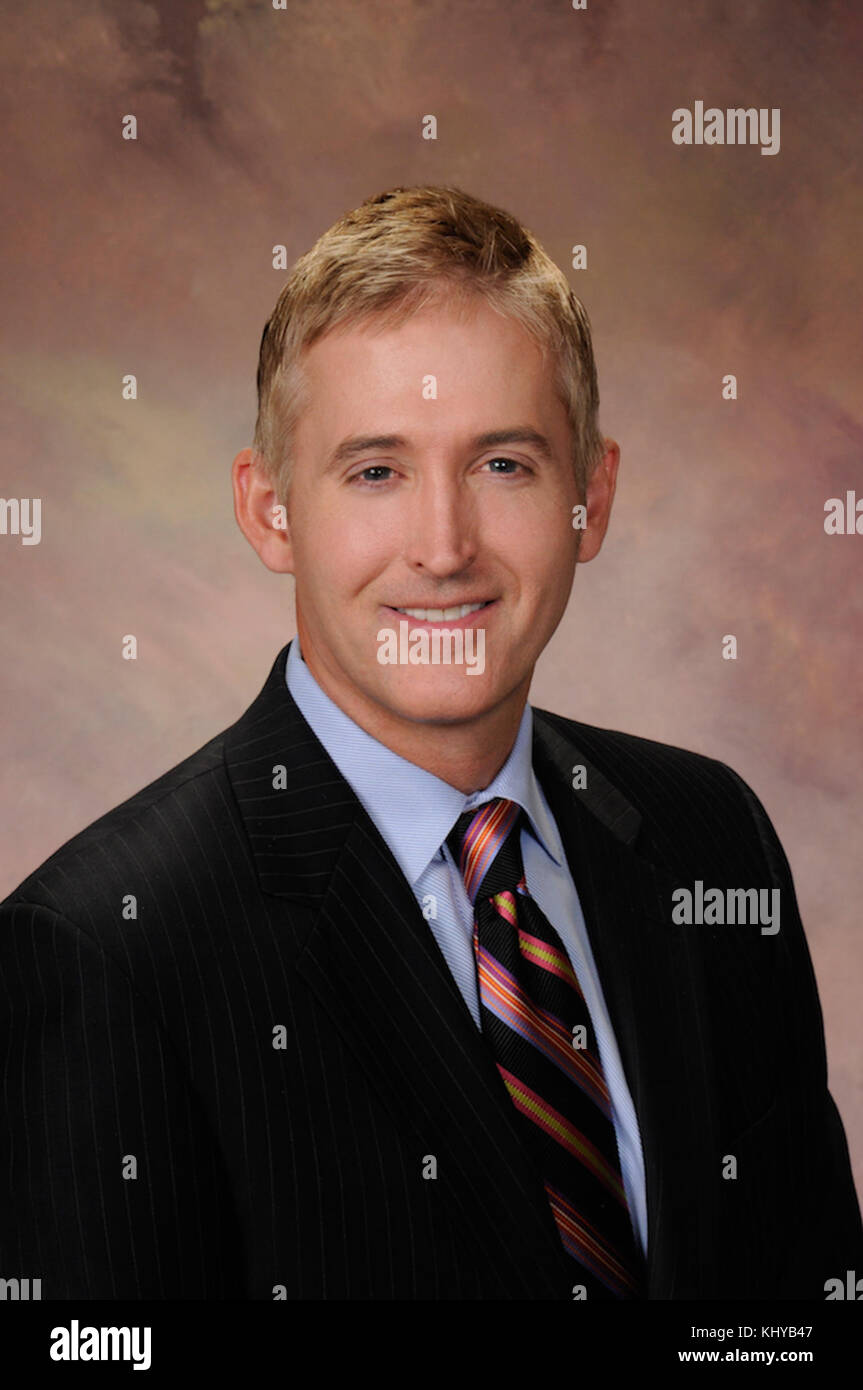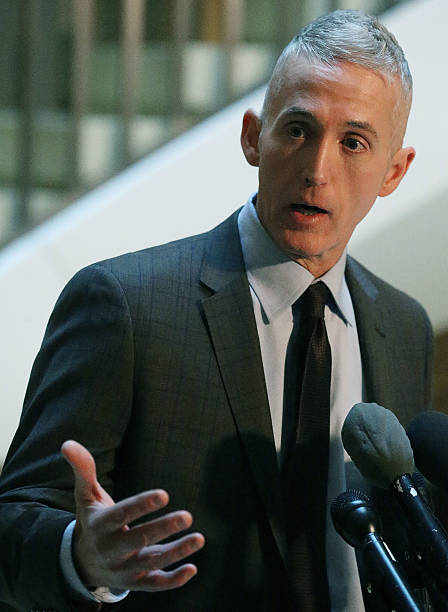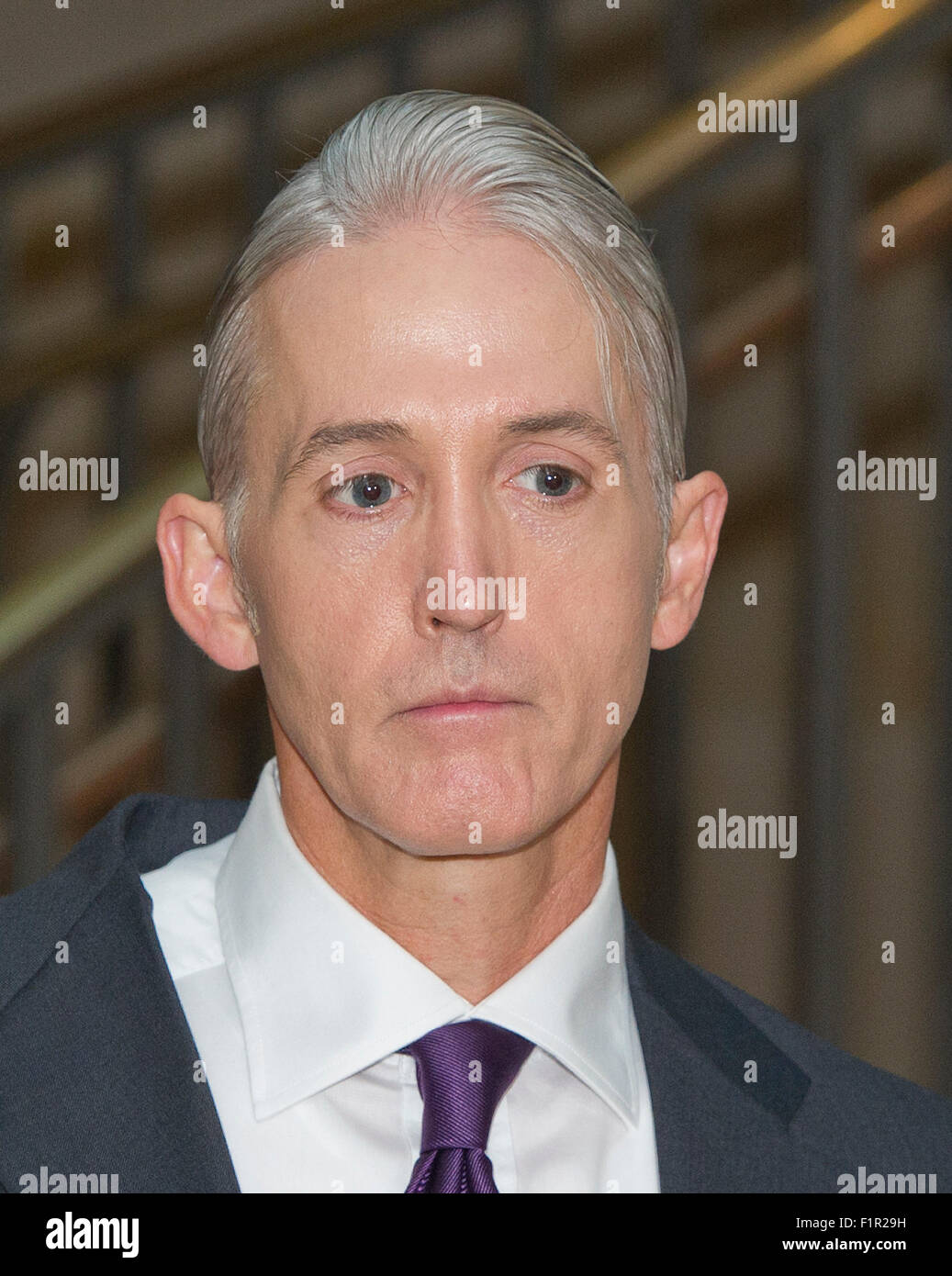Is Trey Gowdy the right choice for modernizing government classification practices? A bold statement supports this question: Gowdy's extensive legal and political background, combined with his dedication to transparency, makes him an ideal candidate for such a pivotal role. His appointment by House Minority Leader Kevin McCarthy (R-CA) to the Public Interest Declassification Board signifies a commitment to reforming outdated systems within the Federal Government.
Gowdy served in the U.S. House of Representatives from 2011 to 2019, representing South Carolina’s sixth congressional district. During his tenure, he became known for his work on issues related to national security, including chairing the Benghazi Select Investigative Panel. Post-congressional life saw Gowdy transitioning into media roles, where he continues to voice opinions on significant political matters. On Fox News, he recently remarked about potential challenges during speeches—highlighting both Biden's focus and Republican strategies—a testament to his keen insights into contemporary politics.
| Bio Data & Personal Information | Career | Professional Information |
|---|---|---|
| Name: Harold W. Trey Gowdy III | Former Congressman (2011–2019) | Member of Public Interest Declassification Board since August 24, 2020 |
| Place of Birth: Greenville, South Carolina | Chairman, Benghazi Select Investigative Panel | Regular Political Analyst on Fox News |
| Education: University of Georgia (B.A.), Emory University School of Law (J.D.) | U.S. Attorney for the District of South Carolina (2001–2006) | Fox News Profile Link |
| Family: Married with children | Private Practice Lawyer prior to public service | Speaker at corporate events; contact number: 725-228-5100 |
Gowdy has been involved in various high-profile investigations throughout his career. Notably, his leadership of the Benghazi investigation brought him national attention. Despite criticism from certain quarters, Gowdy maintained that the inquiry was essential to understanding failures in intelligence and security that led to tragic outcomes. This stance reflects his commitment to accountability and openness, qualities crucial for someone tasked with improving governmental classification processes.
Outside formal duties, Gowdy engages actively with audiences through platforms like podcasts and television appearances. Recently, Dominique Dawes joined him on his podcast for a conversation centered around themes of resilience and faith. Their dialogue underscored the importance of empowering future generations—an ethos Gowdy carries forward in all aspects of his professional engagements. Appearing alongside Dawes on 'Sunday Night in America' further demonstrated his versatility as a communicator capable of bridging diverse topics.
Rumors concerning Trey Gowdy's health have occasionally surfaced due to perceived changes in his appearance. Speculation included suggestions of plastic surgery following a car accident, though no concrete evidence substantiates these claims. Such conjectures highlight public curiosity but detract little from Gowdy's substantive contributions across different fields. As a sought-after speaker, organizations interested in booking him can reach out via provided contact details.
Gowdy remains deeply engaged with ongoing developments affecting American politics. Even after concluding the Benghazi investigation, he continued focusing intensely on former Secretary of State Hillary Clinton's actions. Through committee hearings and subsequent discussions televised nationwide, Gowdy ensured sustained scrutiny over pertinent issues impacting national interests. His persistence exemplifies unwavering dedication towards uncovering truths obscured by bureaucratic complexities.
In summary, Trey Gowdy embodies qualities critical for driving meaningful reforms within federal structures responsible for managing sensitive information. With proven experience navigating complex legal landscapes and adeptly communicating nuanced perspectives, Gowdy stands ready to tackle formidable challenges ahead. Whether addressing legislative matters, offering expert analysis, or inspiring audiences through shared narratives, his influence extends beyond traditional boundaries defined by any single role.



